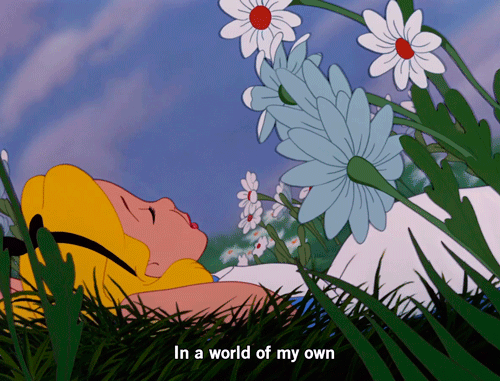Film blog by a girl who can be found watching a film with a coffee in her hand more often than not. Mimosa | FIN/UK | 22 | King's College London, BA Film Studies letterboxd ❤ twitter ❤ instagram
Don't wanna be here? Send us removal request.
Photo



Shoplifters (2018) dir. Hirokazu Koreeda
795 notes
·
View notes
Text
Review: Nasty Baby (Sebastian Silva, 2015)

The premise of Sebastián Silva's 2015 film Nasty Baby makes you expect a feel-good-movie about Brooklyn hipsters in their attempt of starting a non-traditional family. Freddy (played by Silva himself) is an artist who wants to start a family with his partner Mo (the absolutely handsome Tunde Adebimpe). Freddy's friend Polly (Kristen Wiig) is set out to be the biological mother; but when Freddy´s semen does not do the trick, Mo is hesitant to take up the role. Does the tension come from the fact that Freddy is the one who really wants the child - so much that his current work is all about babies? Or is it about the close relationship between Freddy and Polly, that Mo does not share?
Freddy' and Mo's apartment is the most central to the events of the film; it is stylish and spacious enough for Freddy's studio, Mo's countless house plants and their cat. The light fades through the leaves, and friends and family come and go in the open flat. Their only worry seems to be Polly not getting pregnant yet - and the unbalanced outsider appearing on their street and calling himself the Bishop (Reg E. Cathey). Contrasting to their light living room, the street becomes a scary place; but what really bugs Freddy off, is the Bishop leaf-blowing in the mornings.
In the very end of the slow paced film, the tone gets a complete makeover; Moze Halperin calls the ending "kinda Shakespearean" in his Flavorwire review. It's almost brilliant, but stumbles on the steep change of pacing - as well as the events not seeming to naturally progress into this ending. However, when it does not 100% work, it still offers enjoyment with the surprise, as well as underlines thematic richness.
The shock of the ending has a danger to overpower the more nuanced - and in my opinion more interesting - ways the movie works with its themes even earlier in the film. The three main characters are sympathetic with the actors doing great job with their naturalistic performance; but they are not likable at all. Freddy is cranky and thinks his art project "nasty baby" is genius, when it so obviously flops. Mo is distant. Polly is so invested in the pregnancy, that she forgets the feelings of others. They smoke weed while talking about starting a family, they are irresponsible and self-centered. While trying to make Mo - who's black - to agree to be the donor, Polly takes a picture of Freddy with a stranger's black child to make Mo agree how cute a mixed race baby would be - the most cringey scene I have seen in a long while. For the trio, the idea of a child is just an extension of their own ego.
And when the Bishop appears on their street, they are more concerned about their own comfort than the people who have lost all security. Not part of their world, the likes of the Bishop can be forgotten. And where Nasty Baby brilliantly delivers subtle commentary on modern society, it sadly will not leave a lasting effect.
0 notes
Photo


Pantone color of the Year, Coral, recreation of a still from In the Mood for Love (Wong Kar Wai, 2000)
826 notes
·
View notes
Text
Review: Professor Marston and the Wonder Women (Angela Robinson, 2017)

Professor Marston and the Wonder Women is film based on - or inspired by, to be more accurate - the true story of Wonder Woman’s creation by professor William Moulton Marston. The iconic character ends up as a framework in the background - and surprisingly so does Professor Marston himself (played by Luke Evans). The two loves of his life, Elizabeth Marston (Rebecca Hall) and Olive Byrne (Bella Heathcote) take central stage in a risky ménage à trois.
Ah, biopics. Not my favourite genre - but I was intrigued to see how the polyamorous relationship would be treated in fairly-mainstream cinema, and how it would be linked to the Wonder Woman. The latter: not well, and the former: I have mixed feelings. The film's strengths can be easily flipped around to raise the question "wait-what-was-this-film-about-again?" The story starts in 1945 with professor Marston; he is being questioned about the morals of his comic. During the interview, we go back in time to 1920s, when he and his Elizabeth met Olive Byrne as they were working in Harvard and Radcliffe (women's college). Olive grabs Marston's attention right away, and he hires her to work with both him and his wife to develop a lie detector. While working together, they become friends and ultimately something more. When Olive gets pregnant, they need to make a decision; and start living as a family. During their family days, Marston starts writing his comics. Where performances by Rebecca Hall and Bella Heathcote are brilliant for their sensitivity to portray confused feelings going through the heads of the characters, the film lacks realism. Watching the movie, you are constantly reminded that this is a very fictionalised version of the real events. Yes, realism in context of the past is a slippery slope; and I do not think a biopic cannot take creative freedom. Interestingly though, the Marston offspring were never contacted about the film. And indeed - the love between Elizabeth and Olive so tenderly portrayed seems to be purely fiction, as the granddaughter of Elizabeth and William Marston, Christie Marston writes:
"We had a very close relationship. ... Silly societal taboos on sex and sexual preferences was a topic we covered thoroughly. Gram was very open-minded, and conversed clearly and freely. Gram was a firm believer that people should do whatever they damned well pleased; the only stipulation being maturity and consent. Gram and Dots [Olive] not only lacked that connectivity which couples have, but would have had no reason to hide."
What Christie Marston takes more issue with is the way creation of Wonder Woman herself is portrayed. Sure, it is fun to think that these two women were in love and professor Marston was just the third wheel; but doing so, the film also shifts Elizabeth's agency from creation of Wonder Woman, and denounces both of the ladies to Marston's mere muses which goes against their feminist views. In reality, Elizabeth was the one to tell her husband that the hero should be a woman. The way Wonder Woman has been framed as a backdrop is not strong enough to hold the balance of the premise of the whole movie.
Indeed, the indecisiveness about the story's centre makes the experience of watching the film so confusing. I am not sure if I am supposed to care about Wonder Woman or not - or care about Mr. Marston with less focus on his perspective. I am not sure if I am supposed to feel the pressure of hiding as rather than portraying ongoing pressure, we get only one very clichéd instance of backlash. The consequences do not feel severe enough to excuse and balance the drama following. I do not feel the love, when kinks are on the central stage with bizarre choice of Nina Simone's Feeling Good as soundtrack for the climax. As wonderful the song is, again the very underlined departure from the time period feels damaging to the already feeble sense of truth behind the story.
I am still not sure if the portrayal of the ménage à trois is too risky, or not risky enough. There is so much you could explore about the raised eyebrows and whispers, but all we see is a perfect happy life - and the one instance changes it all, making the reactions feel bit ridiculous; like children learning that life does not go always according to plan after all. On the other hand, the kinky sex seems like an unnecessary addition taking away from the more natural drama that could have unfolded.
Where professor Marston is the third wheel in the relationship, poor Wonder Woman is literally laughed at by the two women who inspired her. I think Angela Robinson does a brilliant job at portraying Olive and Elizabeth falling in love, but she took a too big of a bite in attempting to cover this story. I would rather see her telling an untold story of a confirmed woman-woman couple in the history; there is for sure a need for more stories like that, and there definitely are some juicy stories she could play with with bit more creative freedom without losing the charm of trying to attain the elusive truth.
★: 3/5
3 notes
·
View notes
Photo
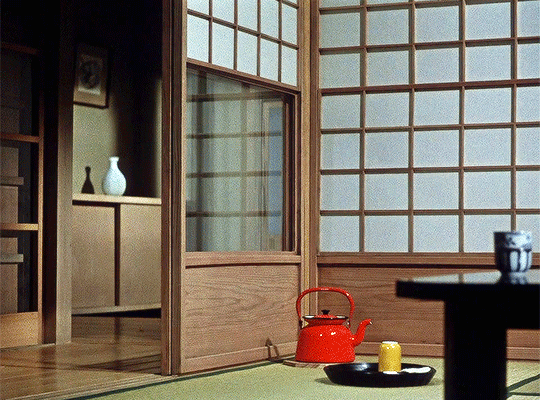
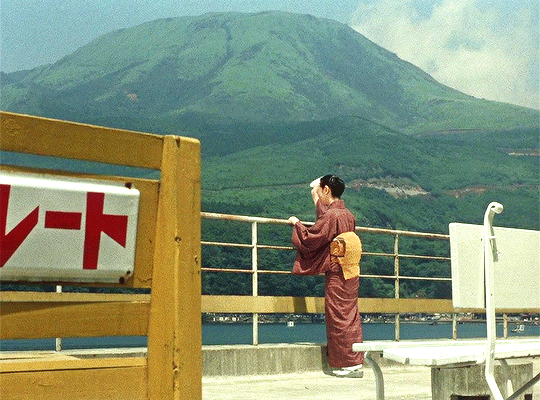
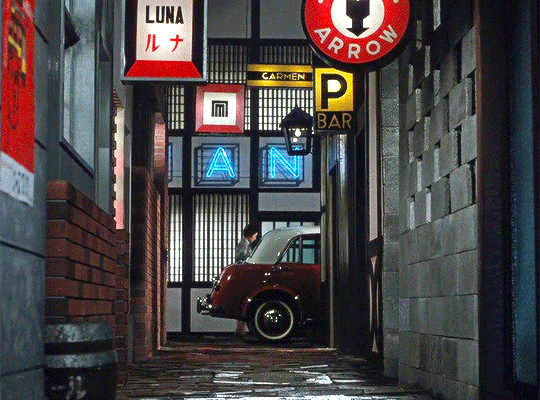
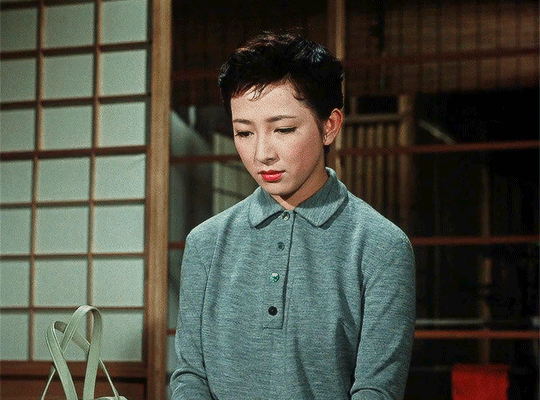
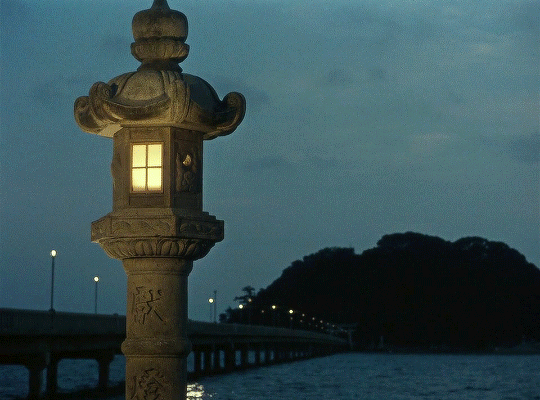
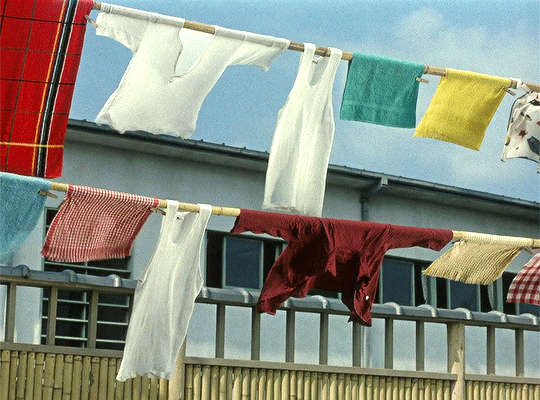
EQUINOX FLOWER 彼岸花 (1958) dir. Yasujirō Ozu
5K notes
·
View notes
Photo






Gene Tierney as Laura Hunt in Laura (1944)
3K notes
·
View notes
Photo
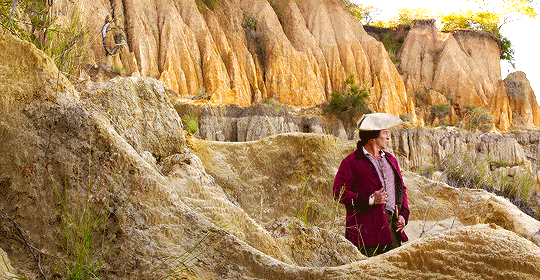
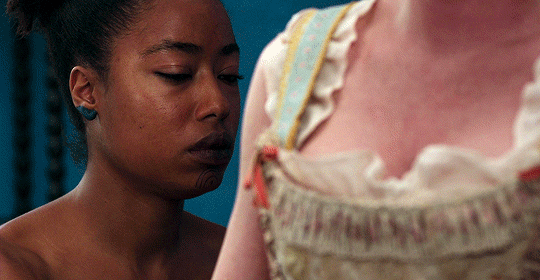

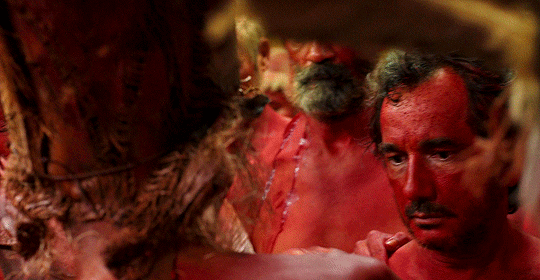

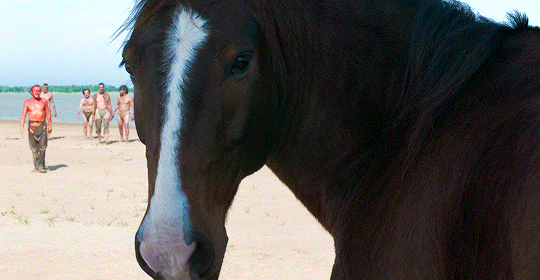
I do for you what no one did for me. I say no to your hopes.
Zama (2017) dir. Lucrecia Martel
608 notes
·
View notes
Photo
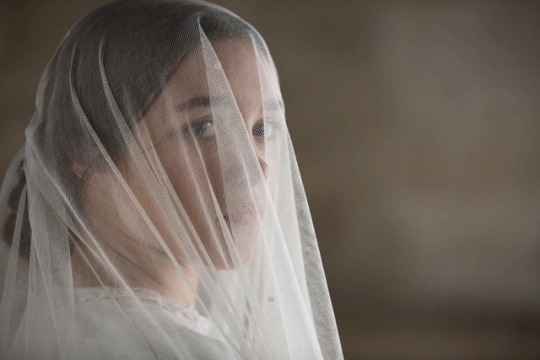
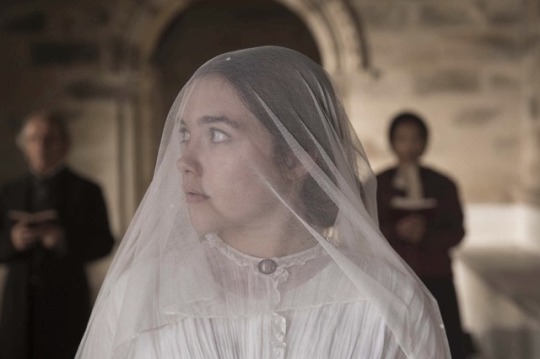
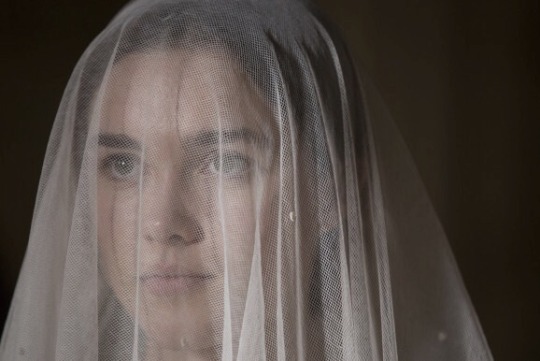
Lady Macbeth (2017) dir. William Oldroyd
7K notes
·
View notes
Photo


Dead Poets Society (1989) dir. Peter Weir
705 notes
·
View notes
Photo
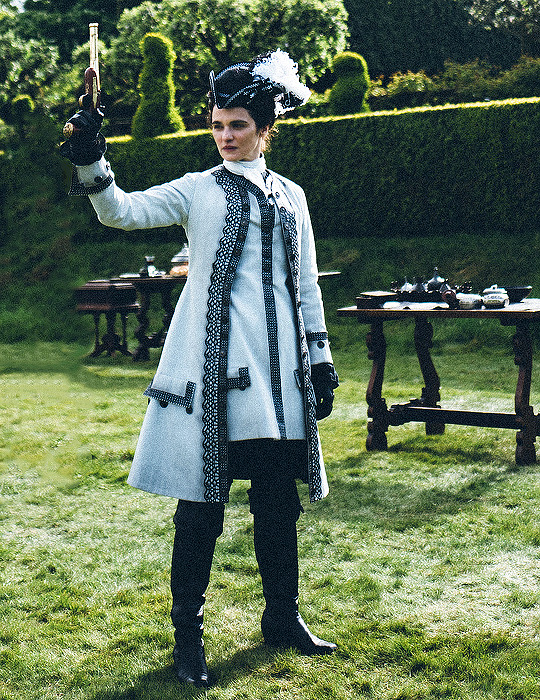
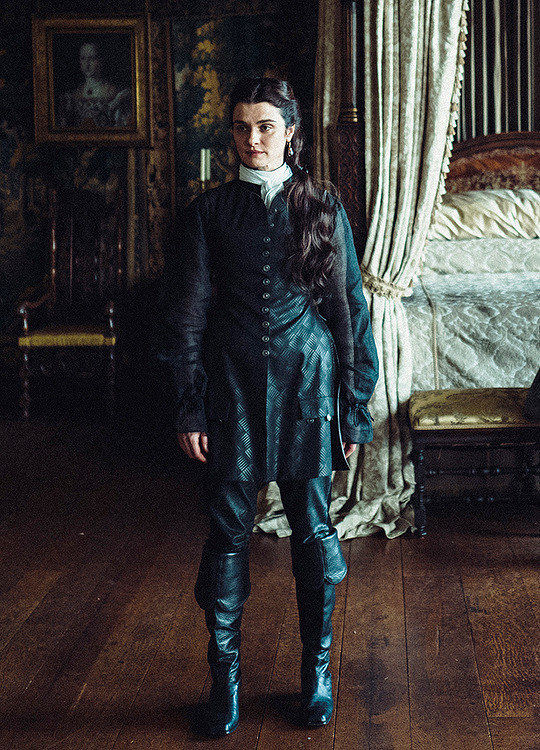
Rachel Weisz in The Favourite (2018)
23K notes
·
View notes
Photo
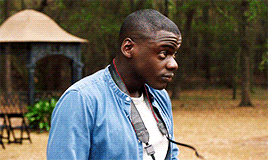




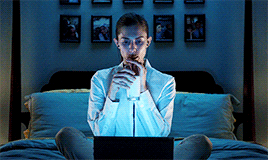
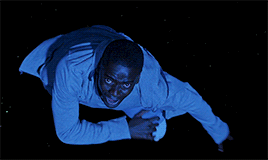

A mind is a terrible thing to waste.
Get Out (2017) dir. Jordan Peele
2K notes
·
View notes
Photo




Grace Kelly’s outfit appreciation post in Rear Window (1954) dir. Alfred Hitchcock
1K notes
·
View notes
Text
REVIEW: Anna and the Apocalypse (John McPhail, 2017)
Anna and the Apocalypse, directed by John McPhail, is a Scottish Christmas zombie musical high school drama. The mix and match approach is always a dangerous game; but exactly what attracted me with carefully hopeful expectations at Helsinki International Film Festival. I am happy to say, that my expectations were jollily exceeded.
Of course, with a premise like that, no one could expect Anna and the Apocalypse to be anything but a goofy film – and it proudly claims to be just that in the best possible way. Anna (Ella Hunt) lives normal life as a teenager, dreaming of travelling far away from the sleepy town she lives in. Her father (Mark Benton) is protective and does not approve. Everything changes with the upraising of the dead. Anna and her friends John (Malcolm Cumming), Lisa (Marli Siu), Chris (Christopher Leveaux) and Steph (Sarah Swire) have to face their fears with anything they can grab to crush a zombie's head in hopes to protect their loved ones.
Even without this kind of crazy mixture of genres, musicals are a difficult art to tackle and most often need a big budget to hit every little detail home. It would be interesting to know what was the budget for this movie; there are points where one would wish for more caution within musical sequences. However, the balance has been sustained well with the seemingly purposeful overall styling of the film. There is a sense of homemade-ness throughout the film; Christmas decorations and set design for a school winter celebration only heighten the effect, and any clumsiness is easy to forgive. Choreographs work well, and the tongue in cheek approach turns the structure of the musical scenes into self-reflexive moments.
Even if musical numbers might need bit more polish, that is not to say that the cast is not doing a great job. Young Ella Hunt portrays the leading lady Anna, her longing for adventure and care for family and friends with confidence. As a character, Anna is a good lesson on teenage girls; she could be any girl ever, and she has no fear of filling the hero’s boots. The other young actors are doing a great job as well, and especially Marli Siu shines with promise as Lisa – it seems like we will hear of her, just wait and see. Ben Wiggins as douche-y Nick blesses us with the most intense musical number of the film with baseball bat in his hand, challenging even the iconic number “I Don't Dance” from High School Musical 2. (Yes, I am really making this comparison and I am only partially ironic.)
This is just some of the key characters as I cannot mention all of them in detail separately, which leads us to the real downside of the film; pacing. Where the characters are sympathetic, there is just too many people and thus too much happening too quick. Balancing some of the more ridiculous aspects of the film, the story is not scared of showing the gruesome part of a zombie apocalypse either. While this “realism” is needed to keep the scales even, towards the end we see a lot of death and the balance shifts. After a film so joyously bonkers, you just won’t have enough emotional attachment left to go very deep into grief with the characters.
Overall, I was still surprised to find myself so touched with the film. It is mostly due the rawness of the young protagonists and their feelings; you can be confused, everything can seem to be wrong, and when literal zombies attack your feelings do not just simply go away. It is natural to crave for brains adventure, love, and a Hollywood ending.
★: 3½/5
#reviews#anna and the apocalypse#musical#film review#movie review#musical review#three and half stars
0 notes
Photo










You got a phone. I did. You said you didn’t get the phone. Yeah, I’m a cockeyed optimist.
3K notes
·
View notes
Photo




Bette Davis and Joan Crawford in “What Ever Happened To Baby Jane?” (1962)
412 notes
·
View notes
Photo





I’m tired of feeling disgusted with myself. Maybe you’re supposed to feel disgusted with yourself when you’re a teenager.
The Miseducation of Cameron Post(2018) dir. Desiree Akvahan
6K notes
·
View notes
